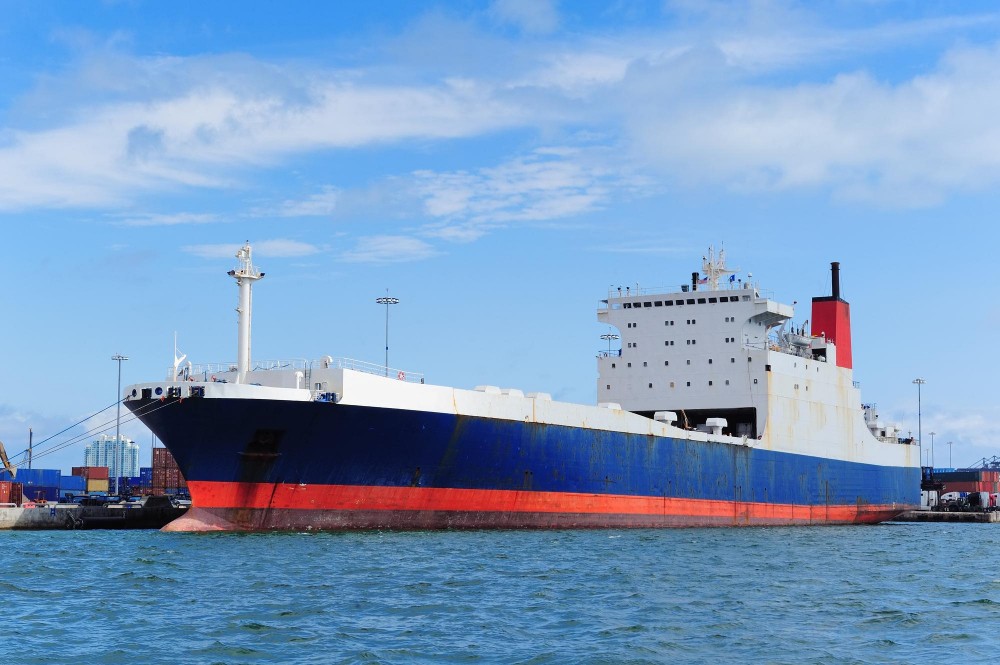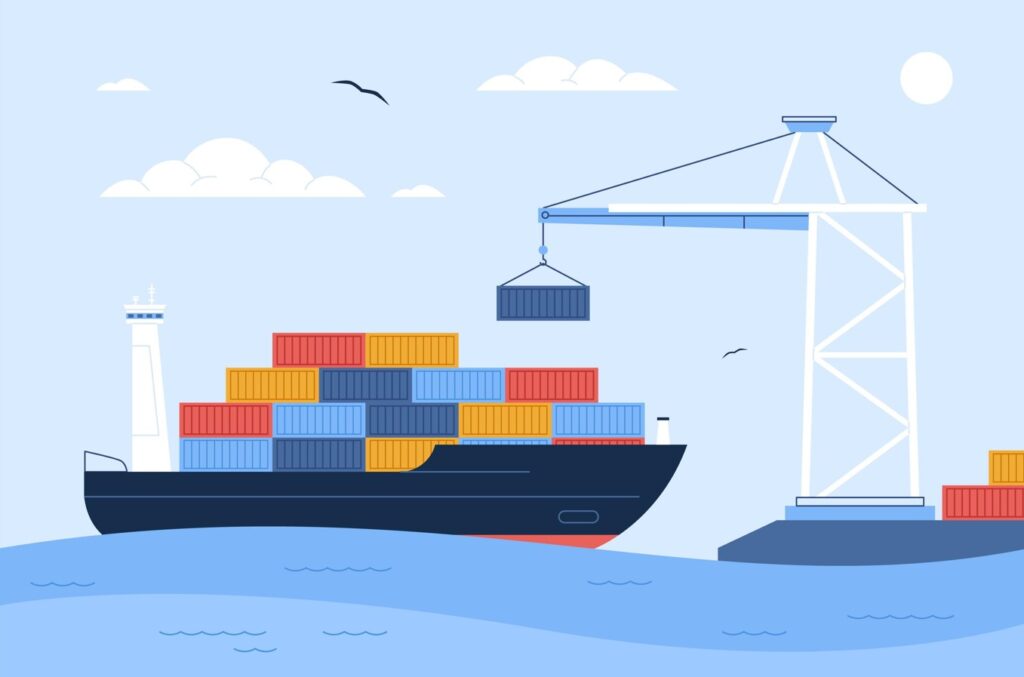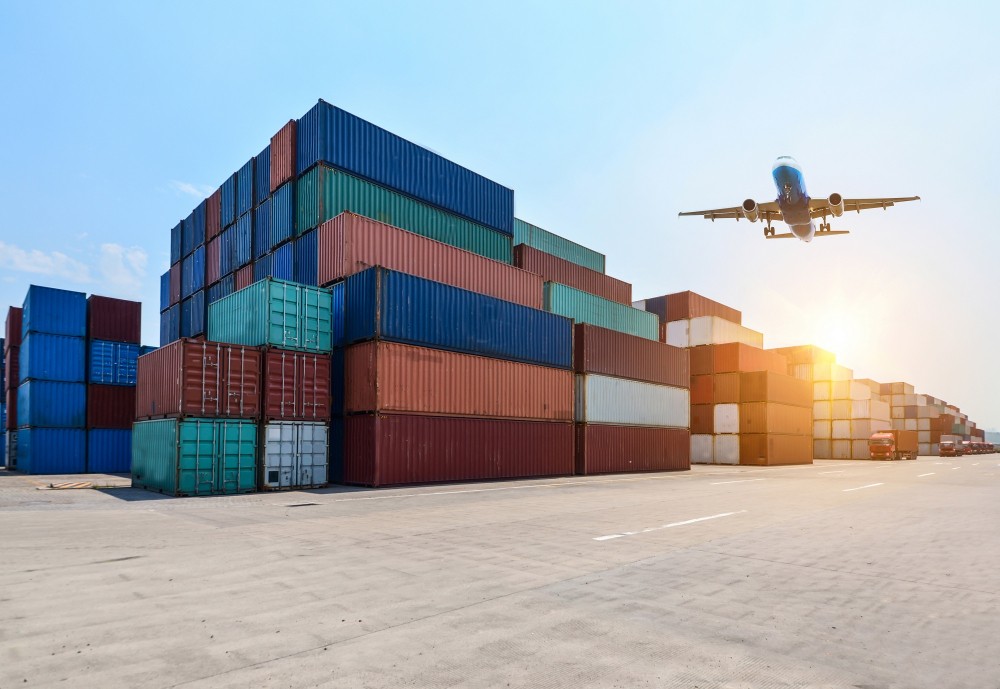
Marine Insurance
Marine insurance, a contract of indemnity, safeguards against loss or damage to ships and cargo during transit from one location to another via different transportation modes like rail, road, sea, air, and courier. It covers:
- Ship damage
- Hull and machinery damage
- Cargo loss during shipment
Despite its name suggesting coverage only for waterborne transit, marine cargo insurance extends to all transit modes – road, railways, water, and air. Goods in transit face potential loss or damage across various stages. Marine cargo insurance aims to shield the insured from the risk of loss or damage to goods during transit, commonly referred to as transit insurance.

Modes of Shipments



Types of Marine Insurance Policies

Open Marine Insurance Policy
An open marine insurance policy, also referred to as a "maritime insurance policy," extends coverage to multiple shipments or deployments over a 12-month period. The sum insured is adjusted for each cargo using the reducing balance method. This policy is preferred by traders who frequently send out shipments.

Specific Marine Insurance Policy
A specific marine insurance policy provides coverage for a single transit journey. Usually, this policy is issued before the voyage commences, and coverage starts once the journey begins. The specific voyage policy should detail the risks covered, including transportation mode, vessel name, bill of lading or airway bill information, shipment details, coverage amount, insurance provisions, voyage description, cargo description, and other relevant information.

Sales Turnover Policies
Sales Turnover Policies (STOP) in marine insurance is a beacon of security for businesses venturing across the ocean of commerce. It gracefully covers the changing value of goods in transit, ensuring your business sails with confidence through unpredictable waters, cherishing your investments and dreams.
Benefits of Marine Insurance

Coverage
Marine insurance policies can provide protection against various risks, including damage or loss to the vessel or cargo, liability claims, and financial losses due to delays or other issues. It's essential to thoroughly review the policy to understand the extent of coverage and any exclusions

Assessment of Value
To determine the insured value, which is the amount the insurer would pay in the event of a covered loss, marine insurance policies may require appraisal and valuation of the vessel or cargo

Premiums and Deductibles
Similar to other insurance policies, marine insurance plans involve premium payments and potential deductibles, which represent the amount the policyholder must pay before the insurance coverage takes effect

Risk Management Measures
Marine insurance policies may require the insured to implement measures to prevent or reduce the risk of loss, such as implementing safety protocols, maintaining the vessel and equipment, and providing appropriate training for crew members

Processing and Settlement of Claims
In the event of a covered loss, the policyholder must file a claim with the insurer and follow the claims processing and settlement procedures outlined in the policy. Understanding how claims are handled and resolved, including any documentation or proof of loss requirements, is essential.

Navigational Restrictions
Marine insurance contracts may impose navigational limits, specifying the areas where the vessel can operate while still being covered by the policy. Understanding and adhering to these limitations is crucial to maintaining coverage
Marine Insurance - Excluded Risks
- Loss or destruction due to inherent defect or deliberate wrongdoing
- Loss or destruction resulting from delay, including indirect loss or damage
- Loss or destruction resulting from unlawful or criminal acts committed by the insured party
- Loss or destruction due to depreciation, erosion, oxidation, or gradual decline
- Loss or destruction due to improper packaging, inadequate storage, or mishandling of merchandise
